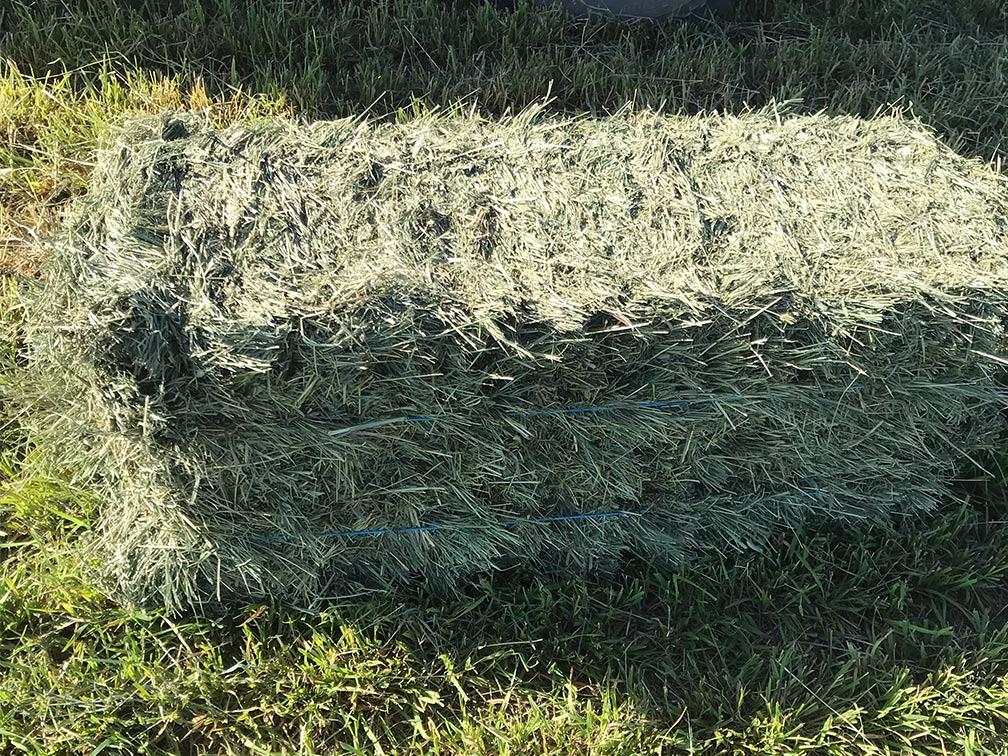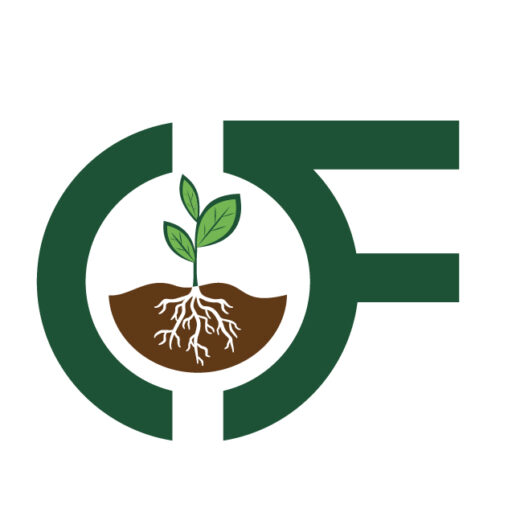The Ultimate Guide to Selecting Organic Hay for Your Livestock
Choosing the right hay for your livestock is crucial to ensuring their health, well-being, and productivity. For many livestock owners, the question arises: should I choose organic or non-organic hay? With growing interest in sustainable farming practices and healthier feed options, organic hay has become a popular choice among farmers and pet owners. But how do you decide what type of hay is best for your animals, and what are the differences between organic and non-organic hay?

(Bale of organic Orchard hay.)
We’ll explore everything you need to know about selecting organic hay for your livestock, focusing on the types of hay available, their nutritional value, and how organic options like organic alfalfa hay and organic timothy hay stack up against non-organic alternatives.
Why Choose Organic Hay?
Organic hay is produced without the use of synthetic pesticides, herbicides, or fertilizers, and follows strict guidelines set by the USDA Organic Certification Program. This means that organic farmers must use natural methods to grow and harvest hay, which can include crop rotation, composting, and mechanical weeding instead of chemicals.
Choosing organic hay provides several benefits, including:
- Healthier Feed: Organic hay is free of harmful residues from pesticides or synthetic fertilizers, which means your animals consume cleaner, more natural feed.
- Sustainability: Organic farming practices tend to have a lower environmental impact, promoting healthier soil and reducing the risk of chemical runoff into waterways.
- Higher Nutritional Value: Many farmers and livestock owners believe organic hay offers a higher nutritional value compared to non-organic options because of the natural farming methods used to cultivate it.
Organic vs. Non-Organic Hay: What's the Difference?
While organic hay is free of synthetic chemicals and follows sustainable farming practices, non-organic hay may be grown with chemical fertilizers, pesticides, and herbicides to increase crop yields. These chemicals can leave residues in the hay, which can then be consumed by your animals.
Here are some key differences to consider:
- Organic Alfalfa Hay: Alfalfa is one of the most popular types of hay for livestock, especially for horses, dairy cows, and goats. Organic alfalfa hay is high in protein and calcium, making it an excellent choice for lactating animals or those that need extra energy. Organic alfalfa is grown without synthetic inputs, preserving the natural integrity of the feed. This reduces the likelihood of your animals ingesting unwanted chemicals, and it helps promote sustainable farming practices.
- Non-Organic Alfalfa Hay: Non-organic alfalfa hay is grown using conventional farming methods, which may include the use of chemical fertilizers or pesticides to enhance growth. While non-organic alfalfa still provides nutritional benefits, there is a greater risk of chemical residues in the hay, which can affect animal health over time.
- Organic Timothy Hay: Timothy hay is a high-fiber, low-protein option that’s ideal for horses, rabbits, guinea pigs, and other small herbivores. Organic timothy hay is grown without synthetic chemicals, ensuring a pure, natural feed for your animals. This type of hay supports digestive health and helps prevent issues like colic or impaction in horses and other livestock.
- Non-Organic Timothy Hay: Like alfalfa, non-organic timothy hay may be treated with chemicals during its growth and harvesting process. While still nutritious, non-organic timothy hay carries the same risks of chemical residues as other conventionally grown hay.
Factors to Consider When Selecting Organic Hay
When choosing the best hay for your livestock, whether organic or non-organic, there are several factors to keep in mind. Here are a few things to consider when making your decision:
1. Nutritional Needs of Your Livestock
Different types of hay provide varying levels of nutrition, so it’s important to choose a hay type that matches your livestock’s specific dietary needs. For example:
- Horses: For most horses, high-fiber hay like organic timothy hay is ideal for maintaining digestive health. Horses in need of more energy, such as performance or lactating horses, may benefit from organic alfalfa hay, which is higher in protein and calcium.
- Cattle: Dairy cows require high-protein hay to support milk production, making organic alfalfa hay a suitable choice. For beef cattle, a mix of timothy and alfalfa can provide balanced nutrition.
- Rabbits and Small Herbivores: For smaller animals like rabbits, guinea pigs, and chinchillas, organic timothy hay is an excellent staple feed. Its high fiber content helps wear down their teeth and supports digestive health.
2. Quality of Hay
When selecting organic hay, be sure to assess its quality by looking for the following characteristics:
- Color: High-quality hay should have a greenish color, which indicates it was harvested at the right time and stored properly. Avoid hay that looks yellow or brown, as it may have lost its nutritional value.
- Texture: Good hay should be soft to the touch, especially for animals like horses and small herbivores that prefer softer hay. Coarse, stalky hay can be difficult for some animals to chew and digest.
- Smell: Fresh hay should have a pleasant, sweet smell. Musty or moldy odors are signs of poor storage conditions and should be avoided.
3. Certifications
When purchasing organic hay, make sure it is certified organic by a reputable organization such as the USDA. Certification ensures that the hay was grown and harvested following organic farming guidelines, so you can be confident that you’re providing your livestock with clean, natural feed.
4. Availability and Cost
Organic hay can sometimes be more expensive and less readily available than non-organic hay due to the additional labor and resources required for organic farming. If you’re committed to providing your animals with organic feed, it’s essential to find a reliable supplier that can meet your needs throughout the year.
The Benefits of Organic Hay for Your Livestock
Feeding your animals organic hay offers a range of benefits, including improved overall health, better digestive function, and a reduced risk of chemical exposure. Here’s a closer look at the advantages of switching to organic hay:
- Healthier Animals: Since organic hay is free of pesticides, herbicides, and synthetic fertilizers, your animals are less likely to consume harmful residues that can accumulate in their bodies over time. This can lead to healthier, more robust livestock, with fewer issues related to toxin buildup.
- Environmental Impact: Organic hay farming supports soil health and biodiversity by avoiding synthetic inputs. Organic farming practices can help reduce the environmental footprint of your livestock operation, contributing to a more sustainable future.
- Higher Nutritional Value: Some studies suggest that organic feed may contain higher levels of certain nutrients due to the natural methods used in organic farming. For example, organic timothy hay and organic alfalfa hay might provide a better balance of essential nutrients, helping to maintain the well-being of your animals.
Where to Buy Organic Hay
Finding a trusted supplier of organic hay is key to ensuring that you’re providing the best possible feed for your livestock. At Ohana Farms, we specialize in high-quality organic hay that meets the nutritional needs of a wide range of animals. We offer both organic alfalfa hay and organic timothy hay, carefully grown and harvested to preserve their nutritional integrity.
We’re committed to supporting farmers and pet owners with premium organic feed options that promote animal health and environmental sustainability.
Conclusion
Selecting the right hay for your livestock can significantly impact their health and well-being, and choosing organic options offers even more benefits in terms of sustainability, nutrition, and reduced chemical exposure. Whether you’re feeding horses, cattle, or small herbivores, organic timothy hay and organic alfalfa hay provide excellent nutrition without the risks associated with synthetic pesticides and fertilizers.
At Ohana Farms, we’re proud to offer high-quality organic hay that meets the needs of your animals while supporting a healthier planet. With the right knowledge and resources, you can make the best choice for your livestock and contribute to a more sustainable future in agriculture.

